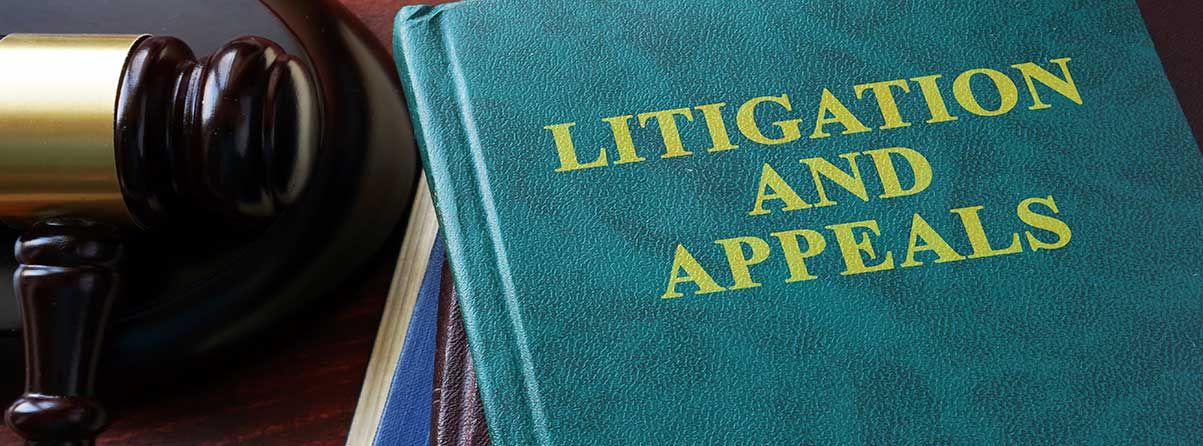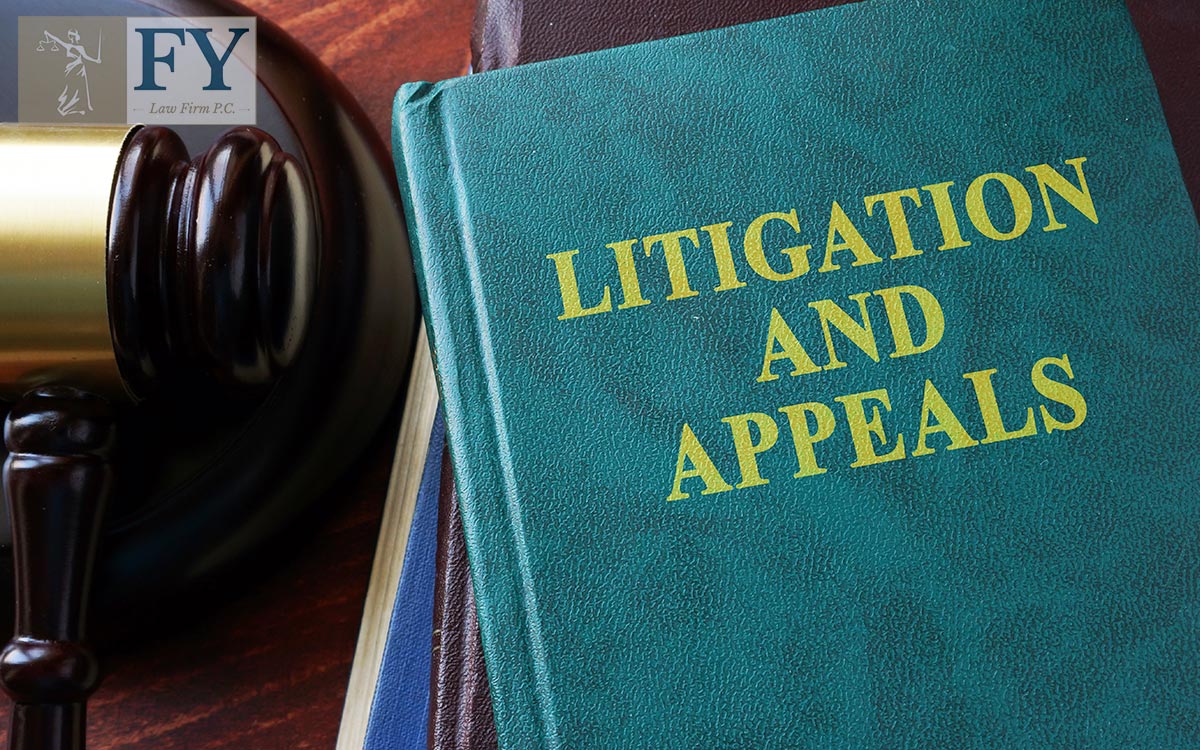
Criminal Defense in Houston
Federal Criminal Appeals Process
If a defendant is convicted of a crime in a trial court, he or she has the right to appeal this decision to the appellate court. In order to make a successful appeal, it is necessary to be familiar with the process involved.
Trial Court
At the trial court, the prosecution has the burden of proof to show that the defendant committed each element of the crime by proof beyond a reasonable doubt. The defendant has the right to confront his accusers, to be tried by a jury of his or her peers and to have a fair trial. The trial court is in the best position to judge the credibility of the evidence since he or she is present when this information is presented. Therefore, the appellate court gives deference to the trial court. A criminal defendant has the right to make an appeal to the higher court to have the verdict reviewed. The criminal defendant may go through a number of appeals, each time advancing to a higher level of the court system.
Purpose of Appeal
An appeal is the only way that a criminal defendant can formally make a request to have the verdict reviewed after receiving a guilty verdict. The appellate court reviews the action by the lower court to determine if the verdict meets the necessary criteria.
Reasons for Appeal
There may be a number of reasons why a criminal defendant alleges that the trial court got it wrong. He or she may base an appeal off of a lack of evidence. The appeal may also allege that the defendant’s rights were violated. Additionally, an appeal may be based on an error being made during the criminal procedure. Mistakes made by the judge or jury may provide the basis for an appeal.
Process of Filing an Appeal
The step that initiates an appeal is filing a notice of appeal with the clerk of the trial court where the case was initially heard and tried. This notice of appeal must usually be made within ten days after the trial court has announced the judgment of conviction. Alternatively, this notice of appeal may be made right after sentencing whether the judgment has been officially issued or not. However, the time limit is based on the jurisdiction’s procedural rules and may vary. It is important to seek legal counsel to determine when this notice must be filed. The time limit is mandatory in nature, so if the time limit passes, the defendant’s right to file the appeal can be affected. Many jurisdictions allow a late notice of appeal that is filed within 30 days after the initial time limit has expired. However, the defendant may have to establish that there was excusable neglect that resulted in the late filing.
After preparing the notice of appeal, the record must be prepared. The record is the information that made up the lower court case. This usually includes court reporter’s transcript of the case, which is a word-by-word account of the proceedings in court. This includes the information discussed at trial as well as during pre- and post-trial motions.
Rules that Apply
The rules of appellate procedure apply to the appeals procedure. These rules must be carefully followed. If the case is in federal court, the Federal Rules of Appellate Procedure must be followed. Different rules pinpoint the process that must be followed according to this set of rules. For example, Rule 3 discusses the information that must be provided in the notice of appeal. Rule 4(b) addresses how the notice of appeal must be filed. The appendix section of this set of rules contains a sample form that can be modeled after to prepare the notice.
Determination of an Appeal
The lawyers prepare the appeal documents for the court. The court may hear oral arguments in which the lawyers explain their positions. The judges on the appellate court review the briefs and this information to determine whether the case should be reversed, the case should be affirmed or the judgment should be modified.
Legal Assistance
Individuals who have been convicted of a crime may choose to contact a criminal defense lawyer. The lawyer does not have to be the same person who completed the initial trial work, and it is often advised not to use the same lawyer since appellate lawyers need a different skillset than trial lawyers. Additionally, the trial lawyer may have made mistakes during the process which may justify an appeal. A criminal appellate lawyer can provide additional information on this process.
source: hg.org
If you are undocumented and need Legal Help for DWI or DUI, Without a License, Drugs' Possession or Domestic Violence. You can contact Attorney Frank Yeverino (713) 545-2520, who specializes in Undocumented Criminal Defense of the, he will take personally the call to assist you directly and quickly. The Fy Law Firm helps you.

Criminal Defense in Houston
Drunk Driving, Driving Under the Influence DWI, Driving Under the Influence DUI, Accidents, Personal Injury Compensation, Claim for Personal Injury, Personal Injuries, Possession of Drugs, Criminal, Drug Related Offenses, Drug traffic, Possession of Marijuana, Domestic violence, False Charges of Violence, Arrest for Domestic Violence, Family Cases, Divorces, Legal Custody of Children, Child Support, Alimony, Driving without a Driver's License, Driving without a License, Arrest for Driving without a License, Drive with Expired License, Locate my husband with the ID, Federal Crimes, Undocumented, Criminal Defense for the Undocumented, Criminal Defense for Immigrants, Defense for Immigrants, The Fy Law Firm

